- by Niyi Busari ,
- Jul 04, 2025
New Face of Nigerian Sports: One Year of NSC’s Strategic Reforms
-
- by Niyi Busari,
- Oct 24, 2025
- in Nigeria
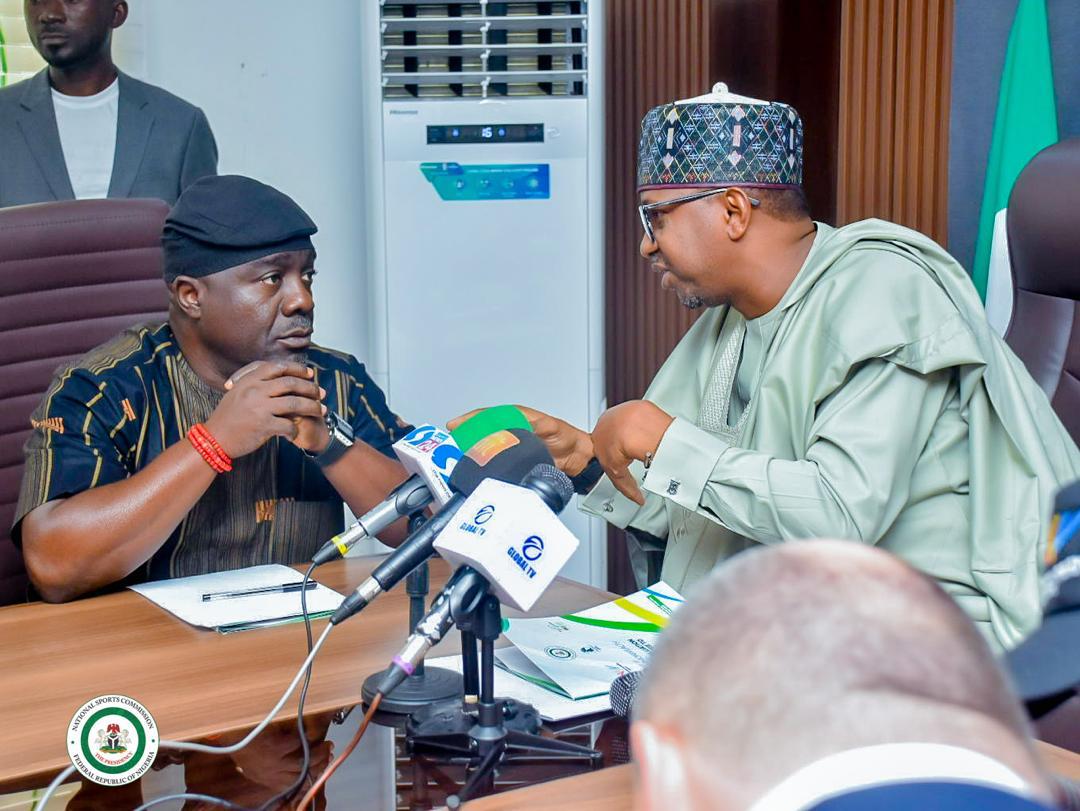
New Face of Nigerian Sports: One Year of NSC’s Strategic Reforms
By Admin
One year after President Bola Ahmed Tinubu reinstated the National Sports Commission (NSC) as Nigeria’s apex sports body, the agency has recorded sweeping reforms that have reshaped the nation’s sporting landscape, BSNSports.com.ng reports.
The reorganization, which followed the dissolution of the former Federal Ministry of Sports, has ushered in what many describe as a new era of professionalism, transparency, and athlete-centered development in Nigerian sports.
Under the leadership of NSC Chairman Mallam Shehu Dikko and Director General Hon. Bukola Olopade, the Commission has spent the past year implementing President Tinubu’s Renewed Hope Agenda in the sports sector with tangible results across multiple disciplines.
Athletes First: Rebuilding Trust and Preparation
At the core of the NSC’s reforms is the “Athletes First” policy, which revived the Elite and Podium Board to ensure that athletes receive training grants well in advance of major international competitions. This initiative, long demanded by stakeholders, has eliminated the logistical challenges and financial uncertainties that once undermined Nigeria’s global performance.
Complementing this, the Invited Junior Athletes (IJA) program was introduced as a platform for nurturing young talent. The IJA team now competes as the 38th “state” at the National Sports Festival, a move that has already produced medal-winning junior athletes and expanded national exposure for emerging stars.
Reviving Confidence and Attracting Investment
The Commission’s strong governance and transparent frameworks have reignited private-sector confidence, attracting more than ₦50 billion in new investments through public-private partnerships.
To further professionalize administration across sports federations, the NSC has instituted a Chief Operating Officer (COO) model to drive efficiency and accountability. Federations including Rugby, Badminton, Athletics, and E-sports have already adopted this structure.
Strengthening the Foundation: Education, Governance, and Inclusion
A landmark partnership with the Federal Ministry of Education is bridging the gap between grassroots and elite sports, revitalizing the Primary/Secondary School Games, NUGA, NIPOGA, and COEGAMES.
The Commission also ensured the long-awaited Anti-Doping Bill was passed into law, reinforcing Nigeria’s commitment to integrity in global sports.
Inclusivity has been strengthened with the Association of Former Female Athletes of Nigeria (AFFAN) now having representation on all sports federation boards an unprecedented move toward gender balance in sports leadership.
Hosting Global Events and Boosting National Image
Through its Renewed Hope for Nigeria’s Sports Economy (RHINSE) Campaign, the NSC has repositioned Nigeria as a preferred destination for international sporting events. Over the past year, the country has successfully hosted the Lagos International Badminton Tournament, Africa Arm Wrestling Championship, International Taekwondo Open, Africa Club Volleyball Tournament, and the CAA Africa U18/U20 Championships, among others.
Meanwhile, the National Sports Festival has been restructured and rebranded, restoring its prestige. States now compete to host the event, marking a major turnaround from the uncertainty that once plagued the festival.
Results on the Field: Global Competitiveness Restored
Nigeria’s athletes have begun reaping the benefits of these reforms.
The U-19 Cricket Team reached the World Cup quarterfinals for the first time.
The Weightlifting Federation achieved podium finishes in Mauritius.
Swimmers like Abduljabar Adama are making waves internationally.
The Super Falcons and D’Tigers reclaimed African titles, while the Super Eagles are back in strong contention for World Cup qualification following strategic interventions by the NSC.
Nigeria’s para-powerlifters finished second globally at the World Para Powerlifting Championship in Egypt.
Looking Ahead: Sustaining the Momentum
As the NSC marks its first anniversary, sports observers agree that the past year has restored structure, discipline, and optimism to Nigerian sports.
Mallam Shehu Dikko and Hon. Bukola Olopade have been credited with leading a transformation built on vision, transparency, and athlete empowerment, setting the stage for a sustainable sports economy that aligns with President Tinubu’s Renewed Hope Agenda.
“The last 12 months have proven that Nigerian sports can thrive under the right leadership,” said one senior NSC official. “This is just the beginning of a long-term strategy to build a stronger, more competitive sporting nation.”


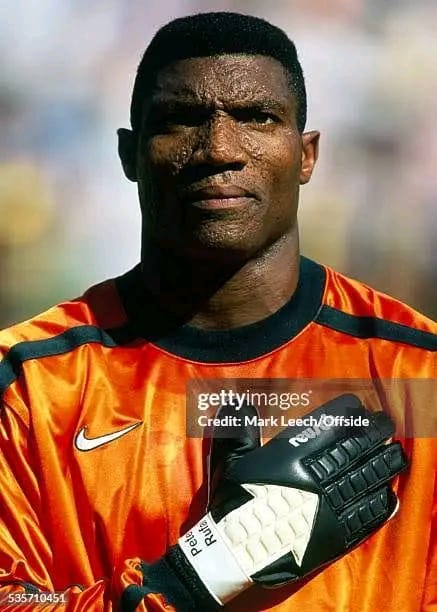

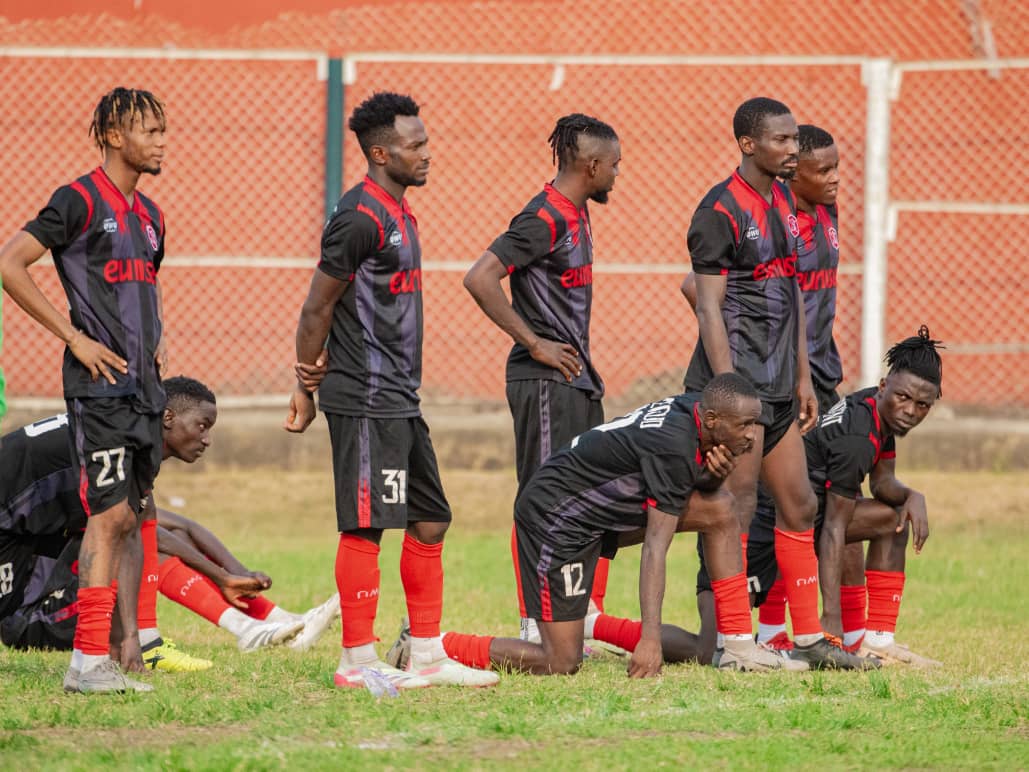

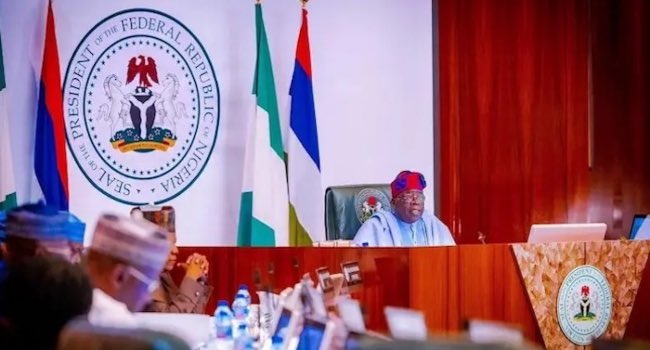
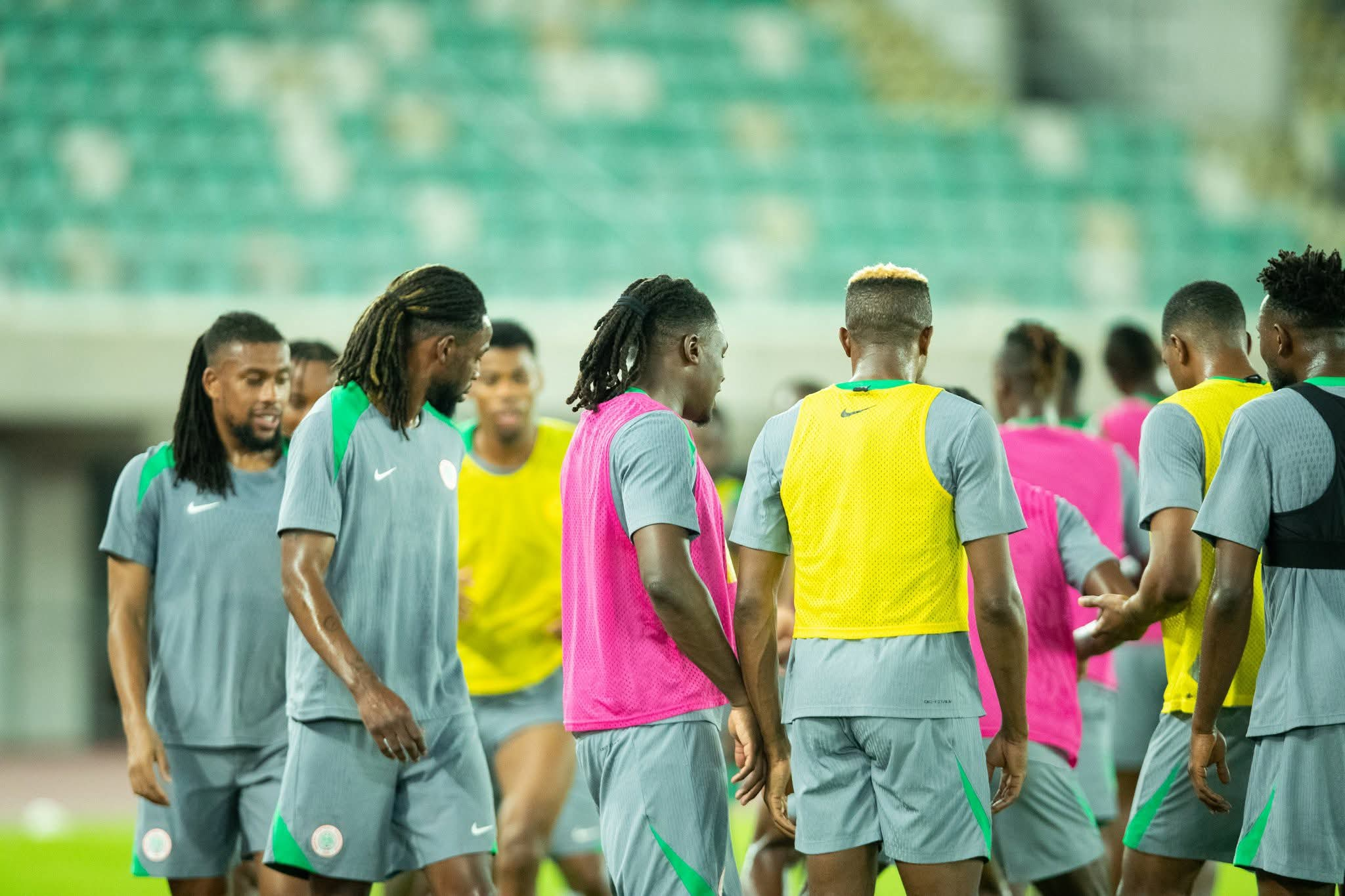
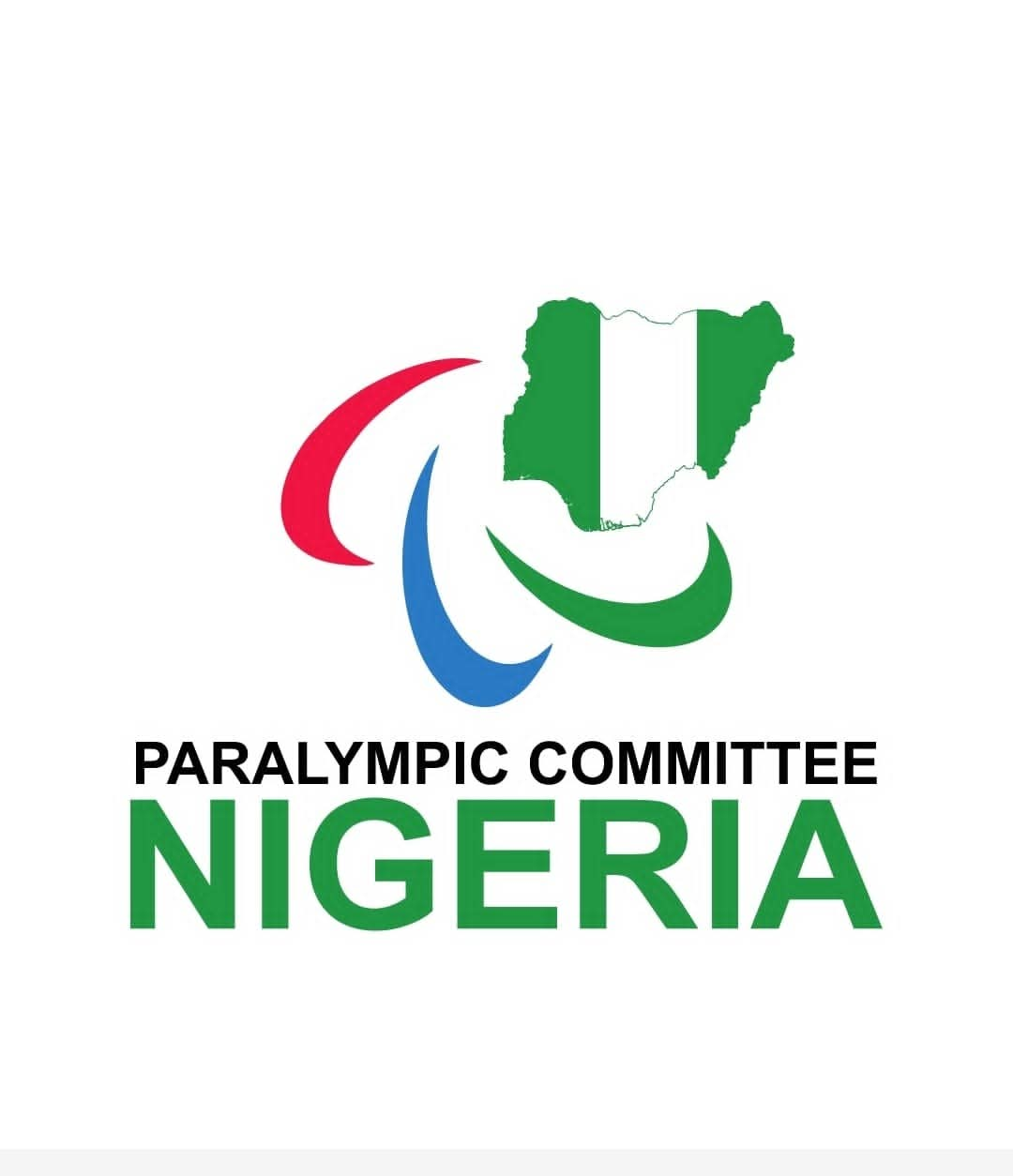
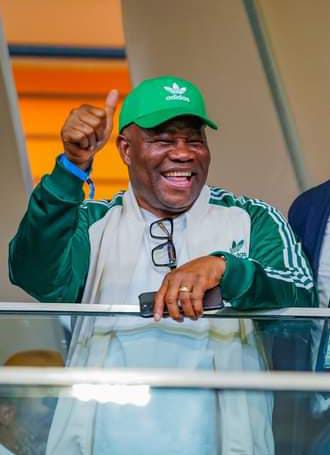
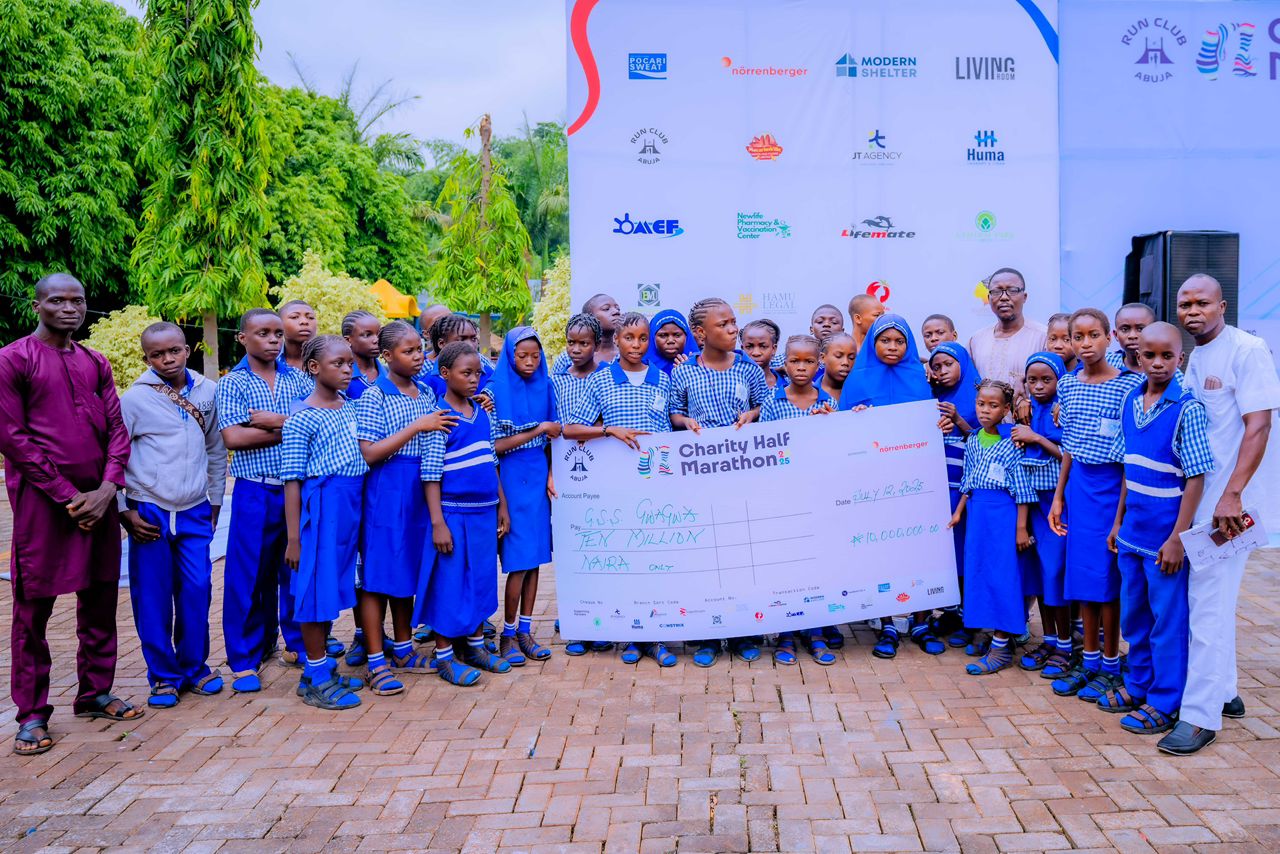
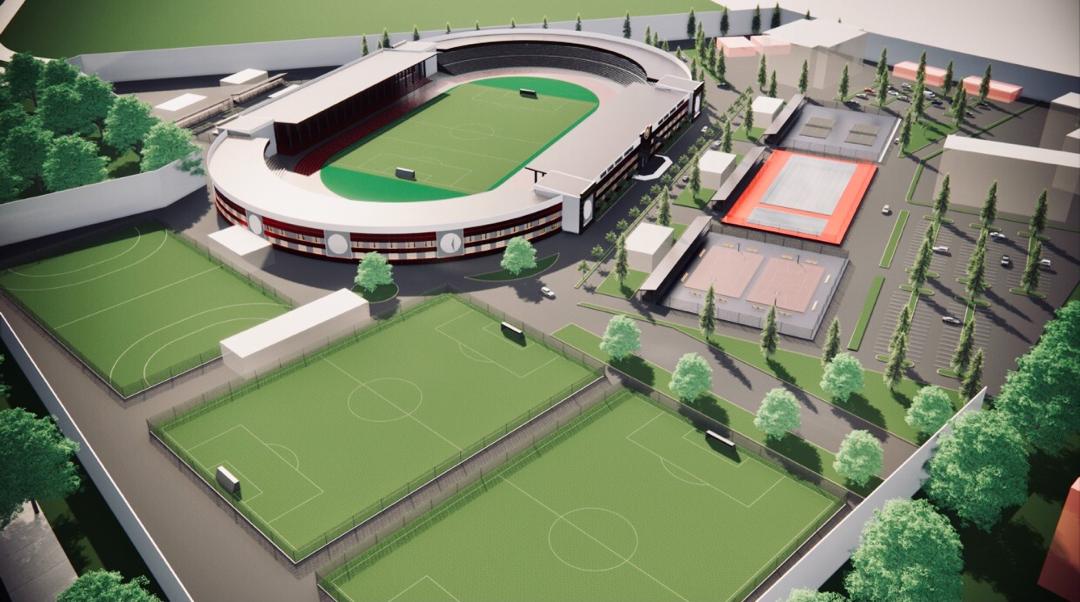
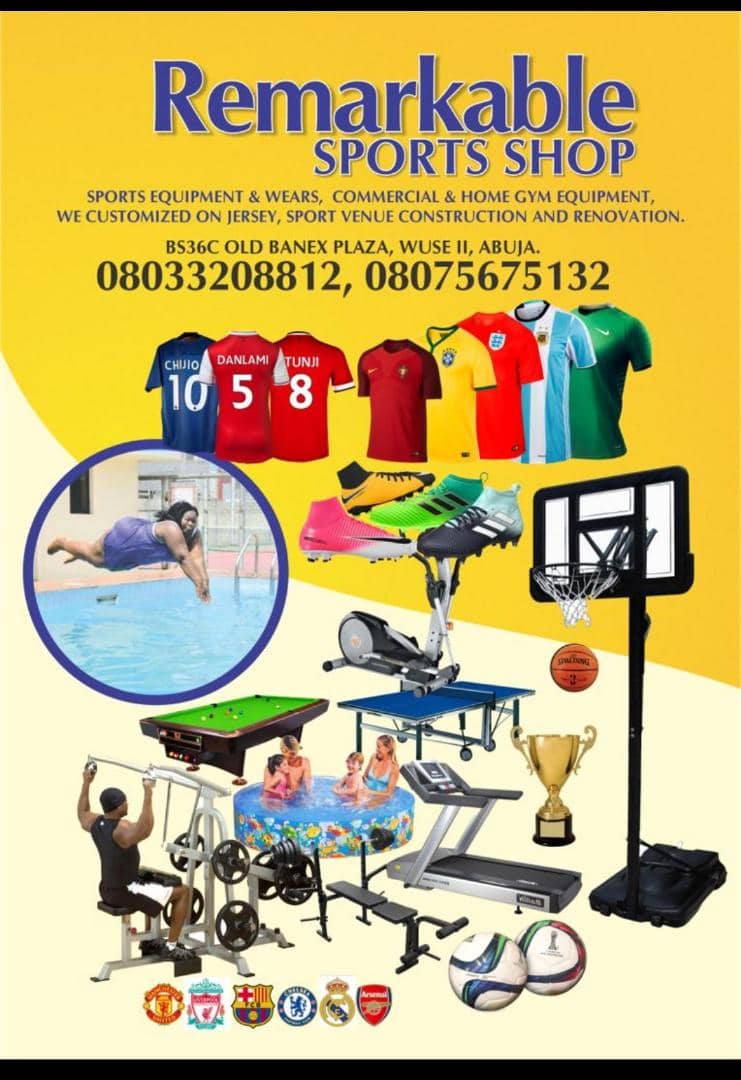
0 Comments:
Leave a Reply